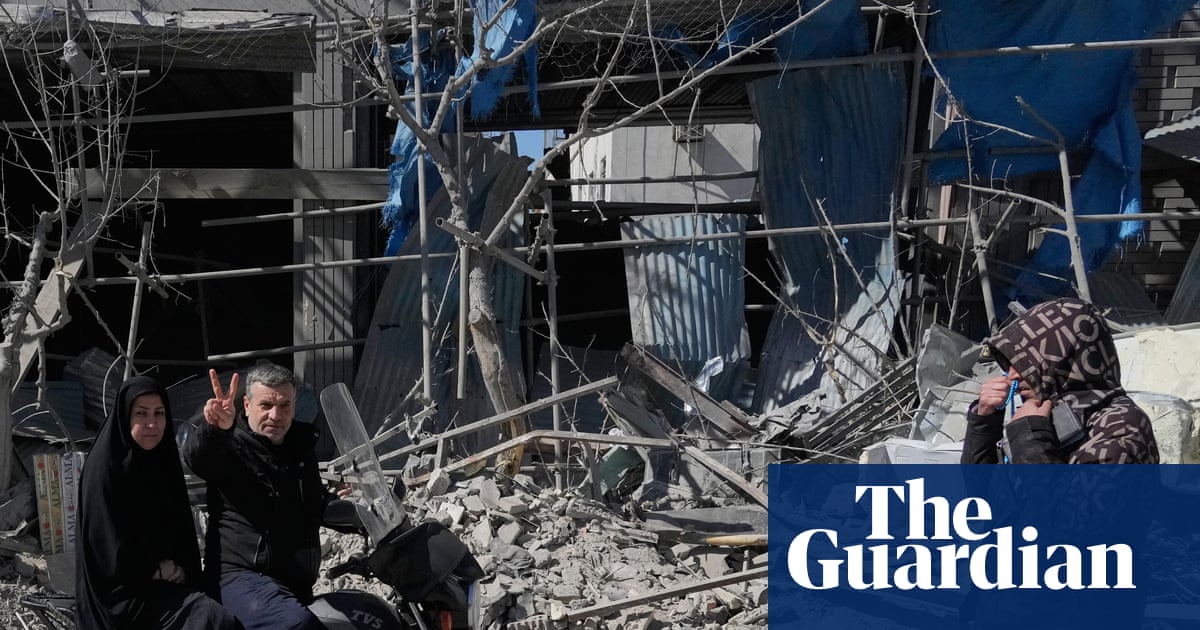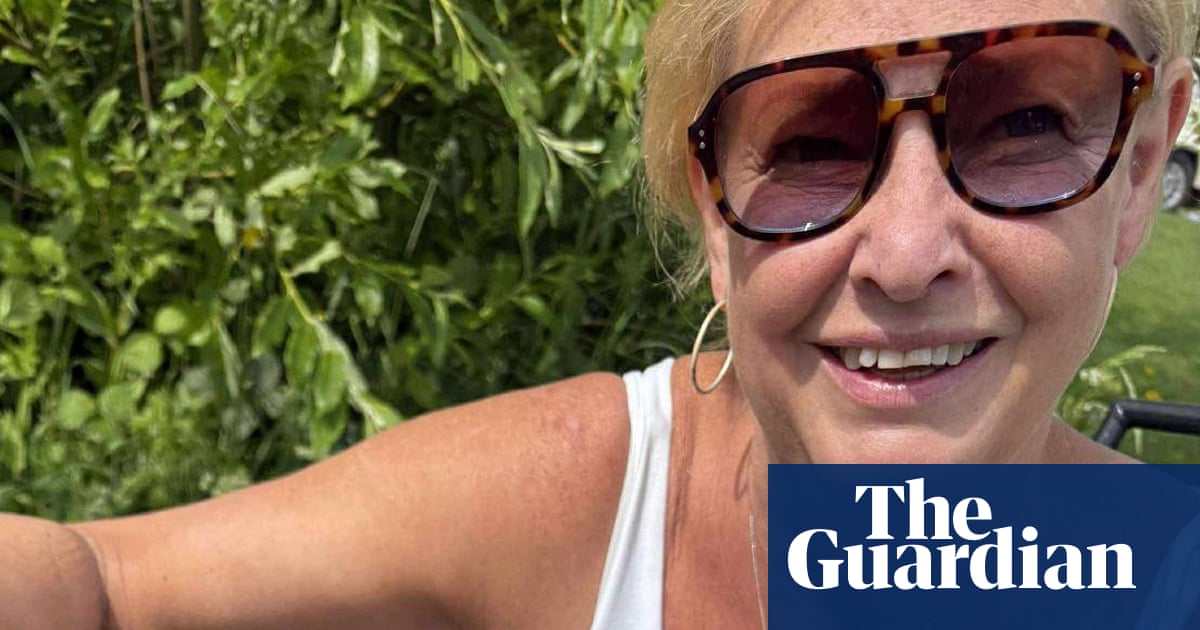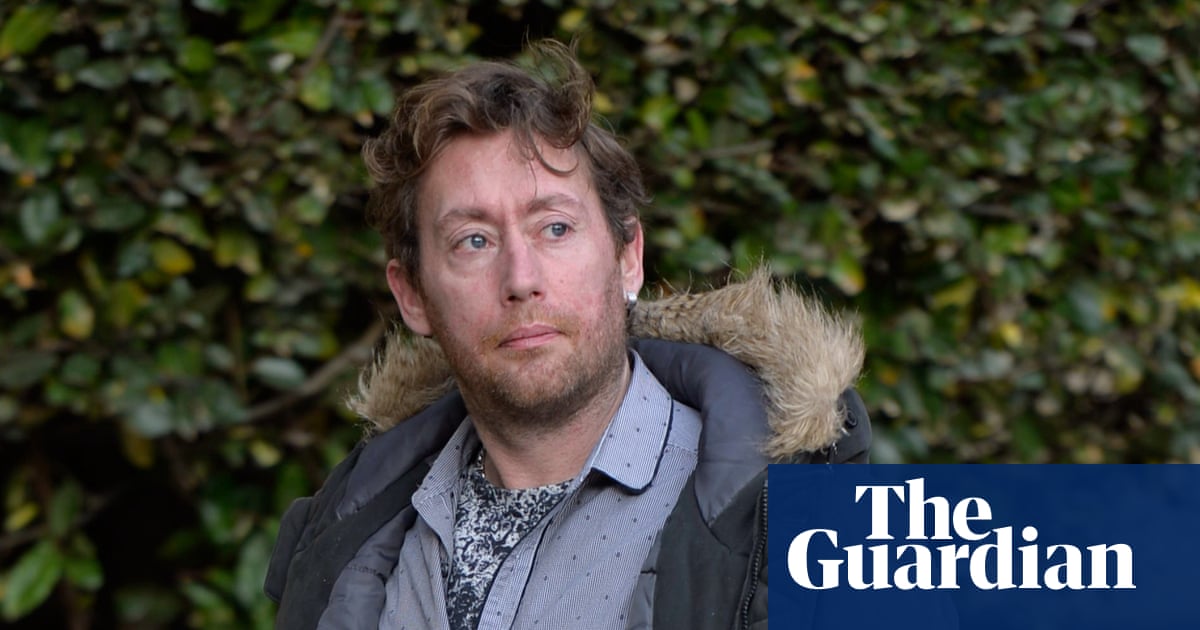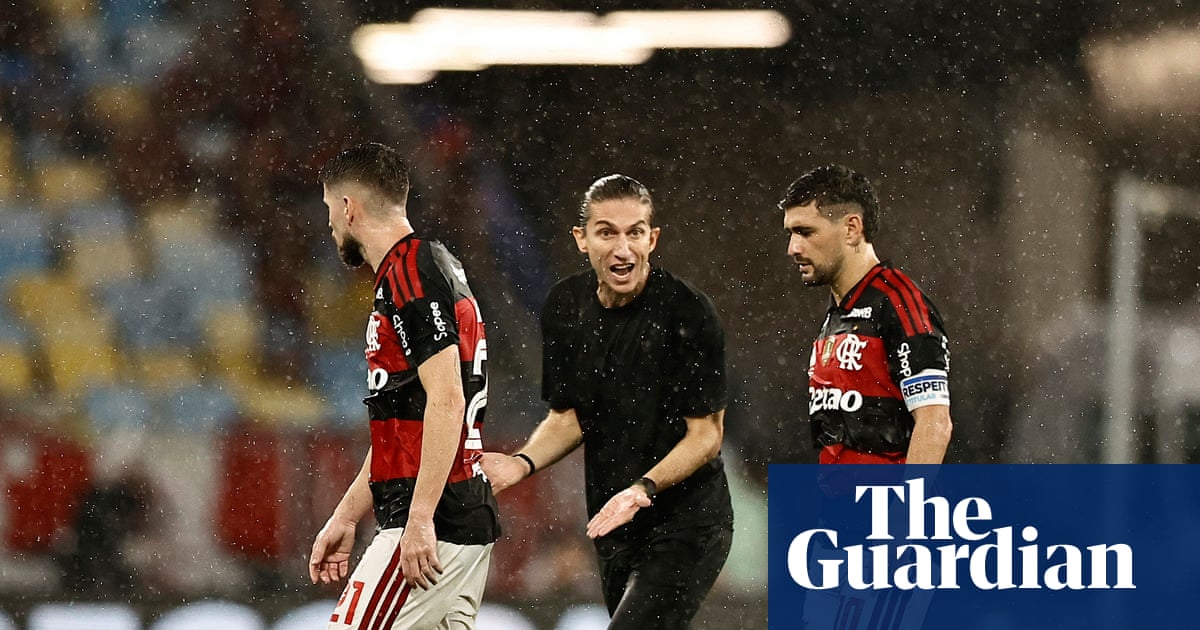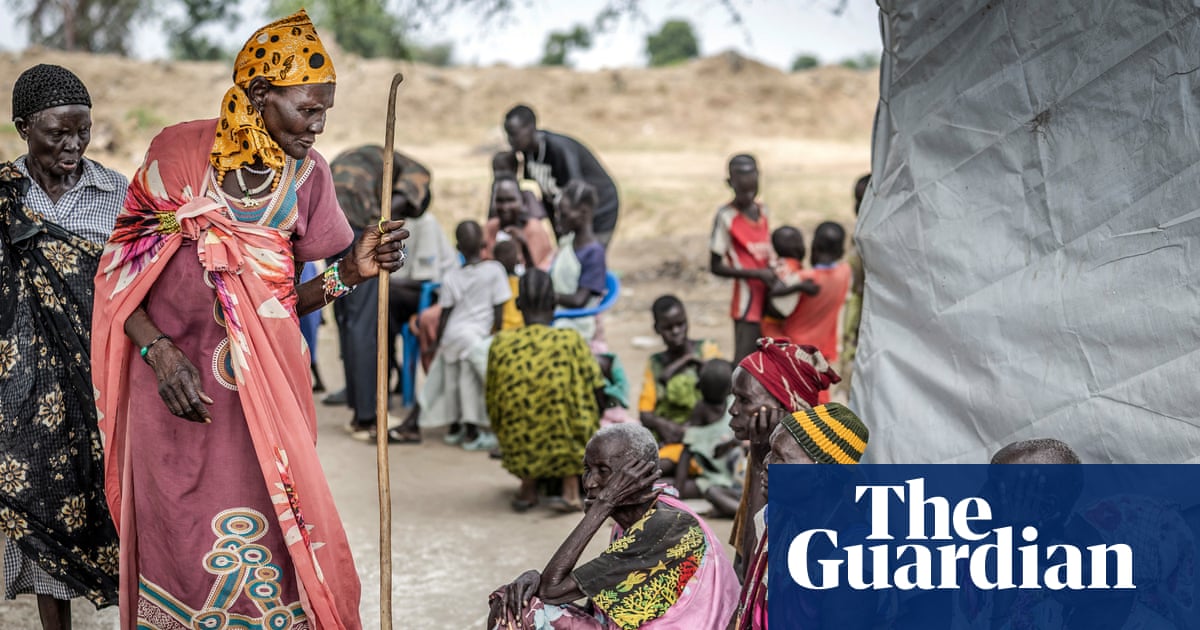On the evening of 15 February 2020, news broke that the television presenter Caroline Flack had been found dead at her London home. Almost six years later, her death by suicide still feels shocking. Caroline was one of Britain’s most beloved hosts, best known as the face of Love Island UK. She had also presented The X Factor, and won the 12th series of Strictly Come Dancing alongside Pasha Kovalev. As well as an enviable TV career, she had the kind of girl-next-door approachability that made viewers feel as though they knew her off-screen as well as on it. Yet in the months before her death, her career had seemingly started to crumble, as she faced charges of assault by battery against her boyfriend, Lewis Burton.
This new series comes from the makers of the 2021 documentary Caroline Flack: Her Life and Death. While that film sensitively examined the emotional issues that had beset Flack since adolescence, Search for the Truth concentrates firmly on the months that followed the alleged assault against Burton in December 2019. Caroline’s mother, Christine, has analysed the evidence and spoken to experts – among them Caroline’s former publicist, and the former chief prosecutor of the crown prosecution service (CPS), who once personally referred to the case as one of domestic abuse. Christine’s goal is to ascertain whether her daughter was treated differently by the justice system because of who she was. In other words: did Caroline’s public profile transform a charged row between a couple over accusations of infidelity into something with far more serious consequences?
You may well wonder about the duty of care the programme-makers have towards Christine, and, in fact, to the whole Flack family. Gladly, Search for the Truth is neither exploitative nor cheap. It’s clear that Christine wasn’t merely parachuted in to front the series: rather, the episodes offer a window into the work she has been doing since her daughter’s death. She has no qualms calling up the Sun newsdesk, or breaking down her findings for a former Met detective, Jess McDonald. Christine is steely, strong and resolute. She wants justice, she says, and “will do anything to clear Caroline’s name”. The result is a two-parter that feels thorough and forensic, an antidote to the true-crime gravy train that usually steams through cases like this one.
The inconsistencies pile up thick and fast, leading Christine to believe that her daughter caused minimal physical harm to Burton but had been made an example of nonetheless (claims which are vehemently denied by the police and the CPS). What’s more, she believes that the tabloids poured fuel on an already-raging fire by publishing images of a bedroom covered in blood – blood that in fact belonged to Caroline, not Burton. The scene was likened in the press to something out of a horror movie. While Burton did not receive any medical treatment, Caroline spent 12 hours in hospital due to self-inflicted injuries.
The message here isn’t that women don’t abuse men. Rather, it is that – based on all of the official documentation examined by Christine – Caroline wasn’t a domestic abuser, but a woman in the throes of a mental-health crisis. Her emotional state was, in turn, aggravated by the media coverage of the case, not to mention the intense speculation on social media, some of which we see here. Once a prosecutor stated at a magistrate’s court hearing that Caroline had struck Burton with a lamp, press and public went into a frenzy. Christine recalls the Sun publishing a piece (later deleted, following Caroline’s death) about a Valentine’s card that featured a caricature of Caroline and the words “I’ll fucking lamp you”. Christine says she has found no compelling evidence that her daughter ever hit Burton with a lamp. The Sun says that it reported responsibly throughout.
We hear several raw testimonies from Caroline’s close friend Mollie, one of the first people to raise the alarm when she was unable to get in touch with her on the day she died. There are also glimpses of texts and voice notes that Caroline was sending, as her anxiety began to spike around her future.
As affecting as these elements are, I don’t believe that they’re designed to cynically pull on viewers’ heartstrings, but rather to take them directly into the isolation and dread of Caroline Flack’s final months. Nazir Afzal – a former chief prosecutor of the CPS – once saw it as an open-and-shut case of domestic abuse; when he meets Christine, he struggles to understand why Caroline didn’t simply receive a police caution. On one hand, Christine says, it is vindicating to hear. On the other, it makes it even harder, knowing that things could have been so very different.
Caroline Flack: Search for the Truth is on Disney+ now.
In the UK and Ireland, Samaritans can be contacted on freephone 116 123, or email [email protected] or [email protected]. In the US, you can call or text the National Suicide Prevention Lifeline on 988, chat on 988lifeline.org, or text HOME to 741741 to connect with a crisis counselor. In Australia, the crisis support service Lifeline is 13 11 14. Other international helplines can be found at befrienders.org

 3 months ago
69
3 months ago
69




